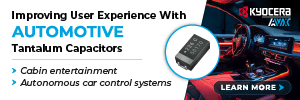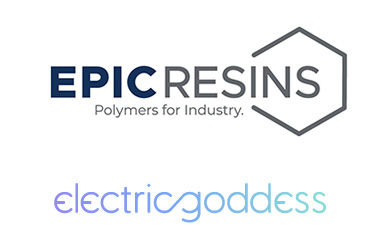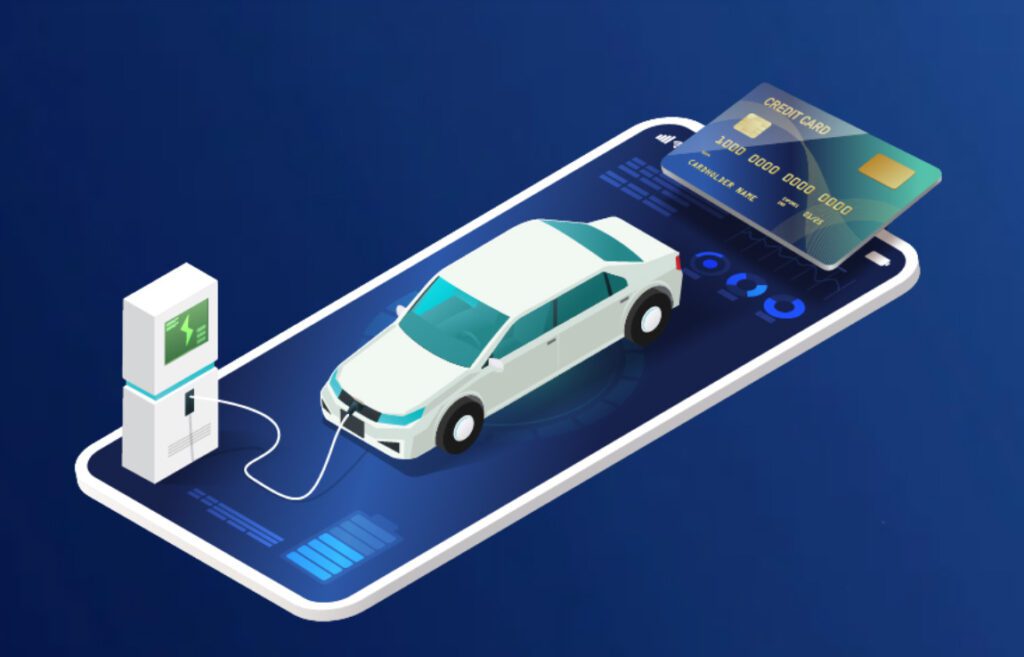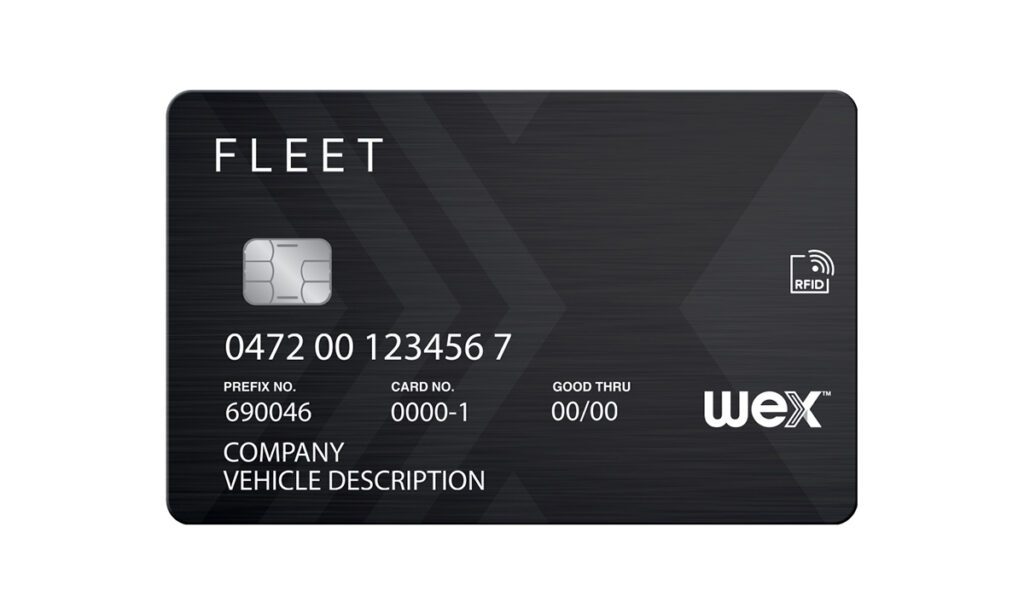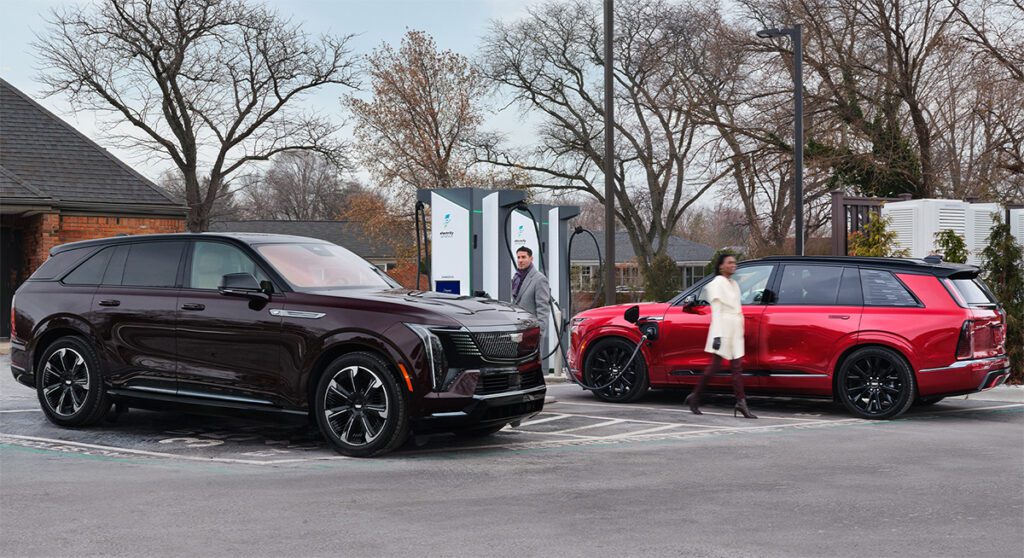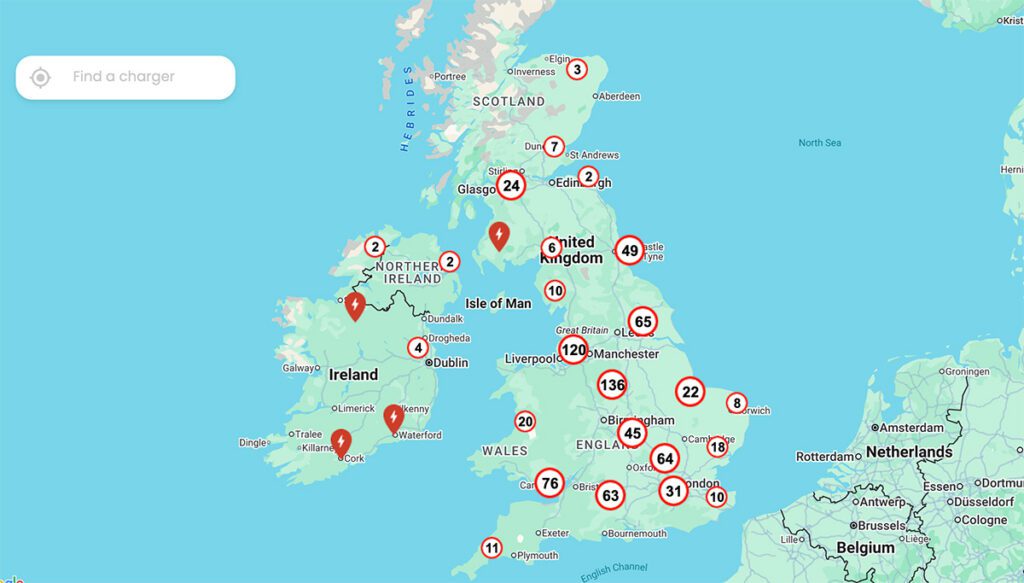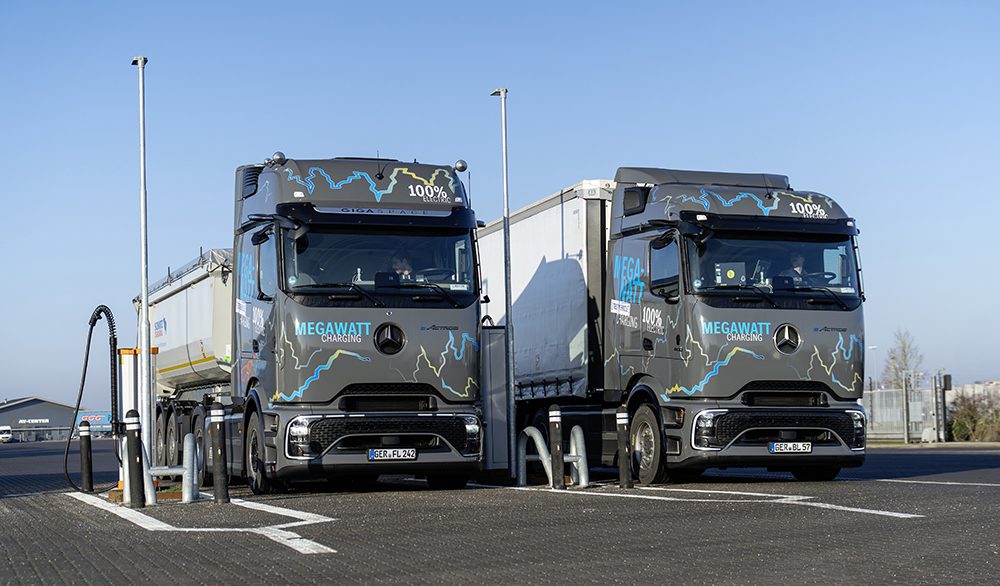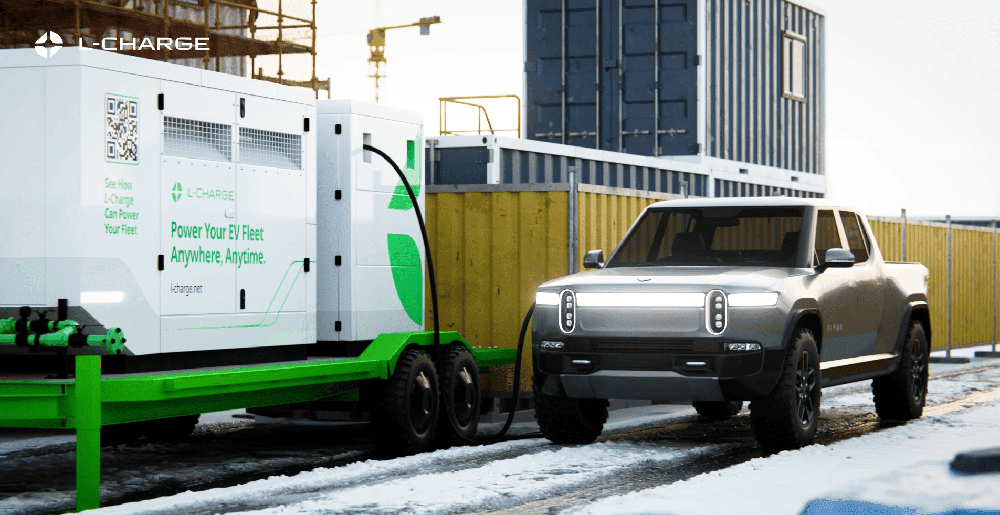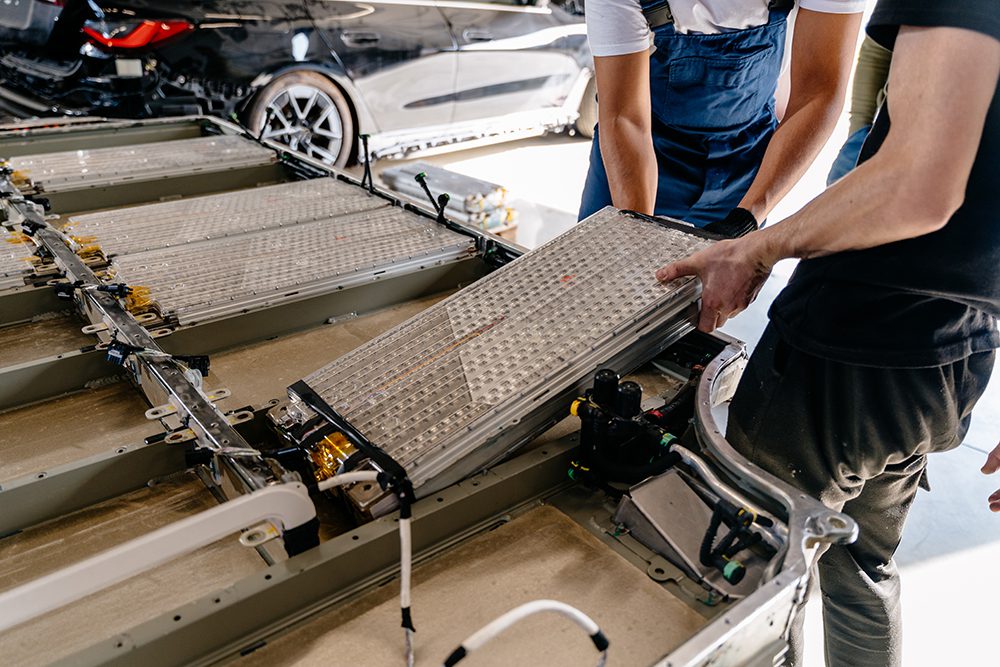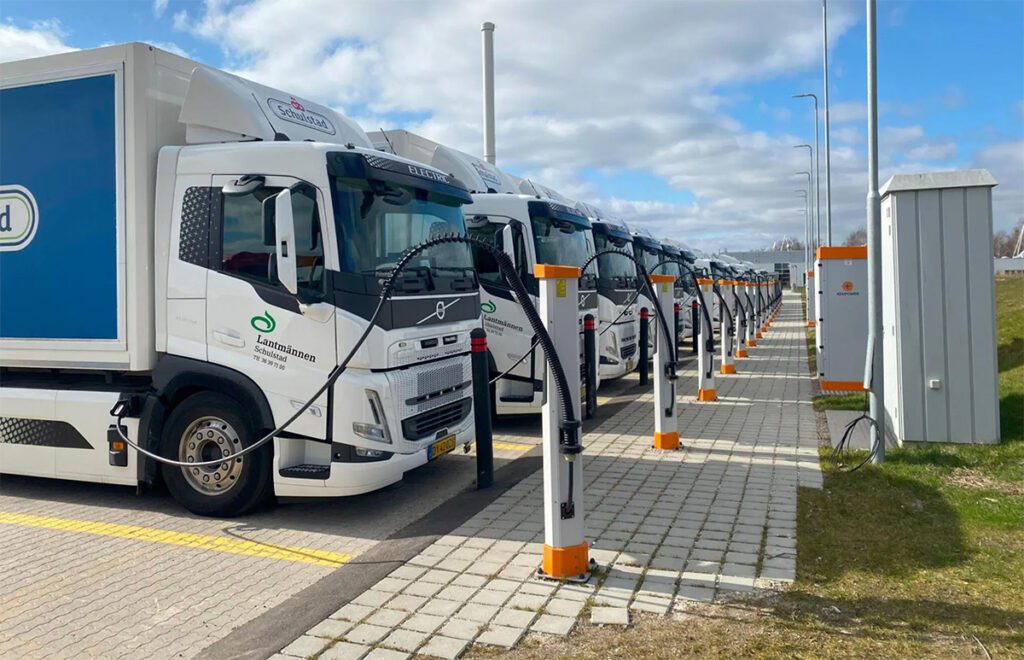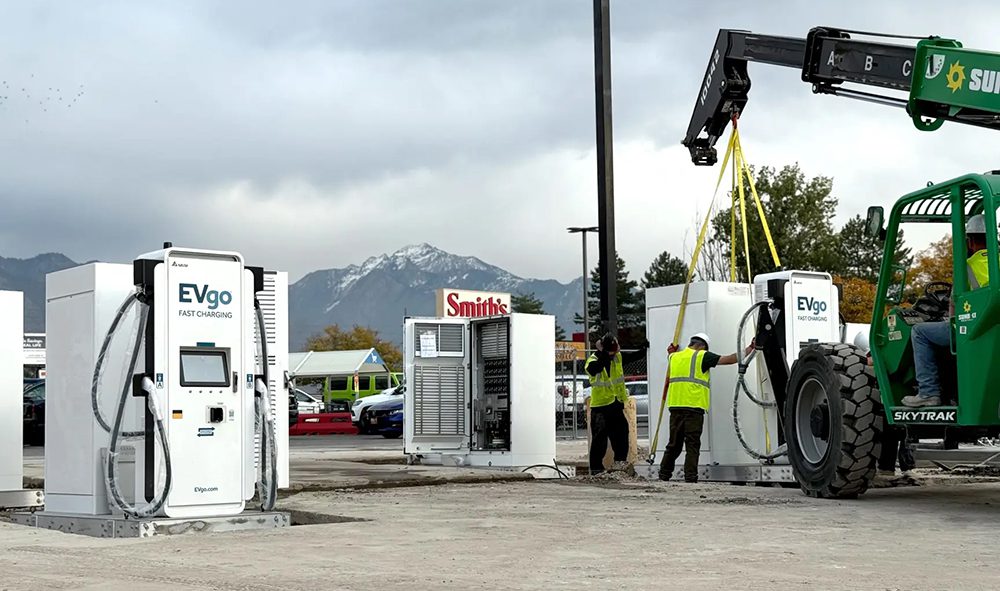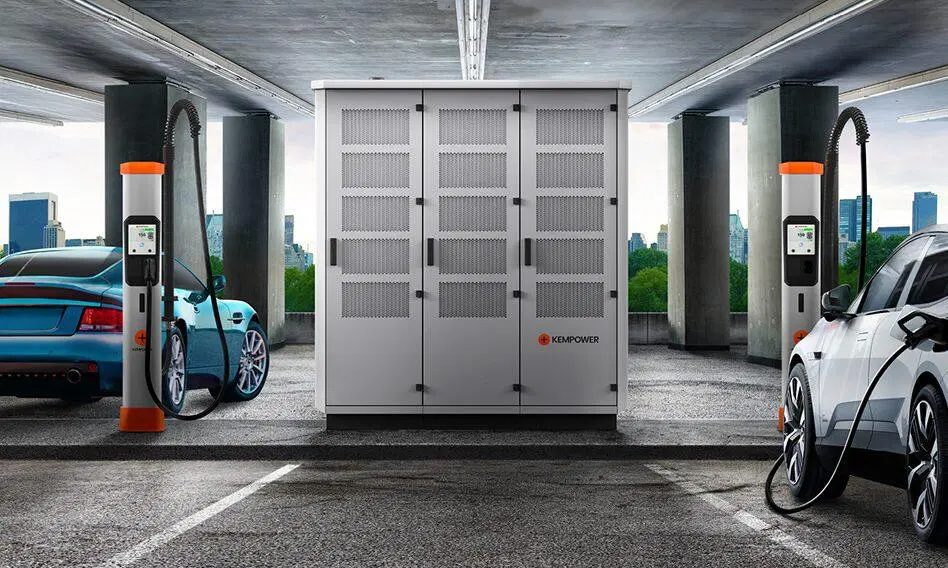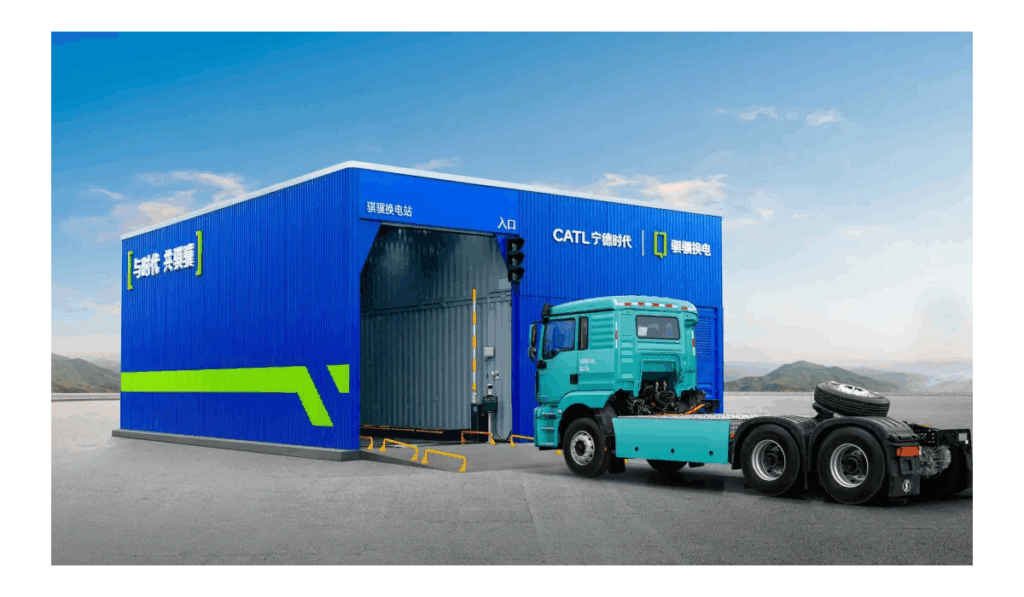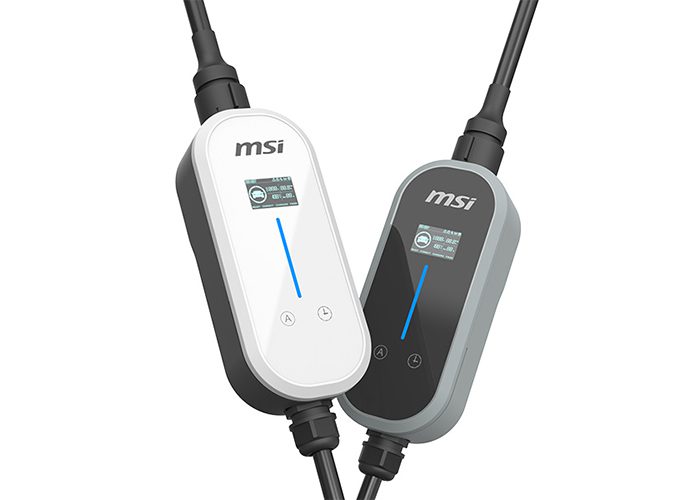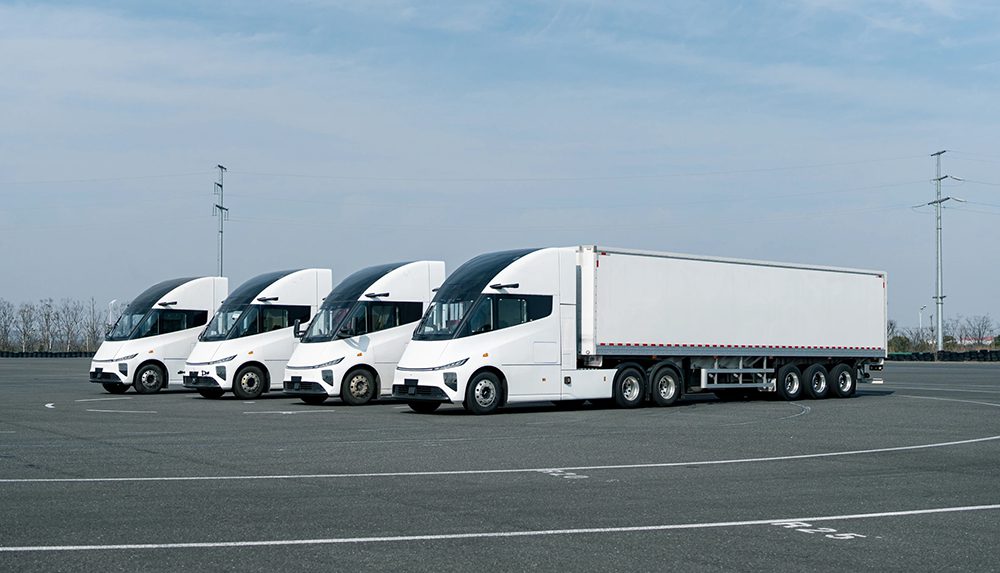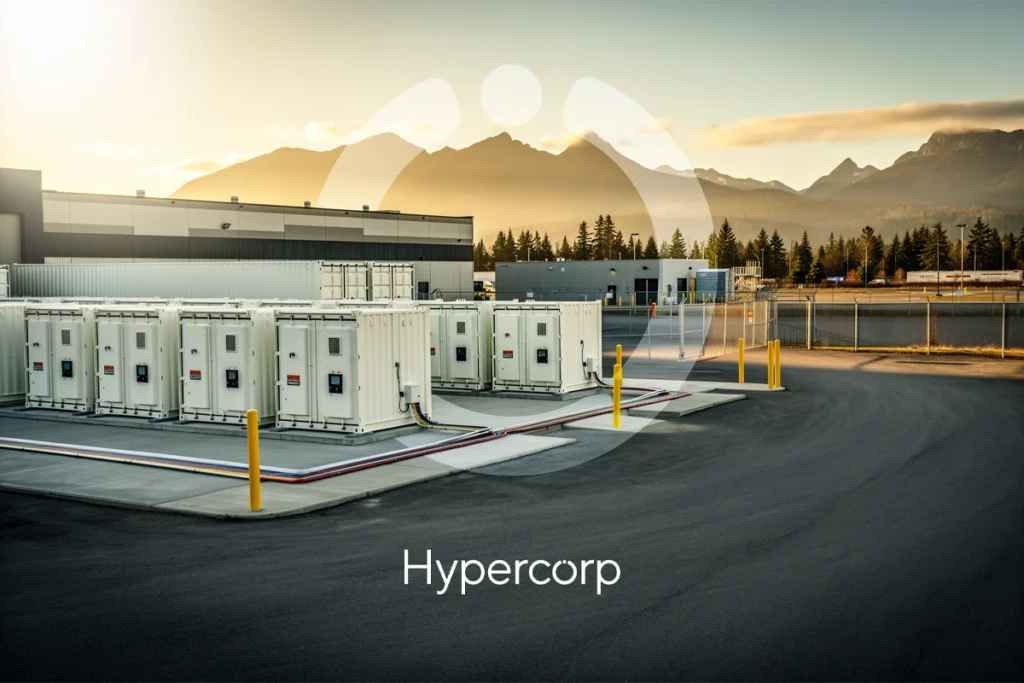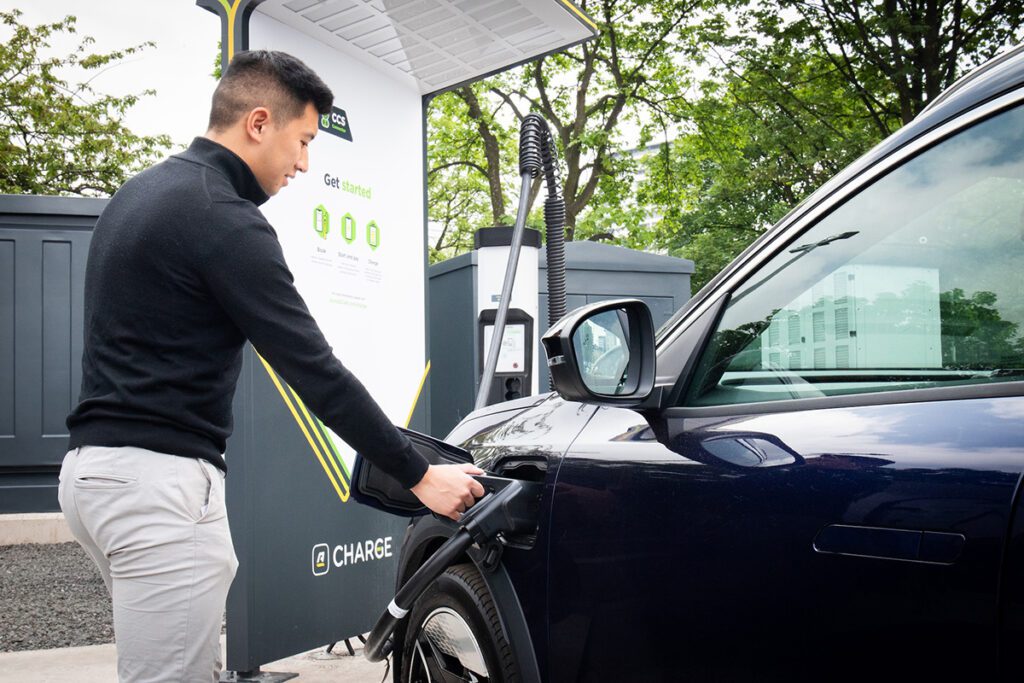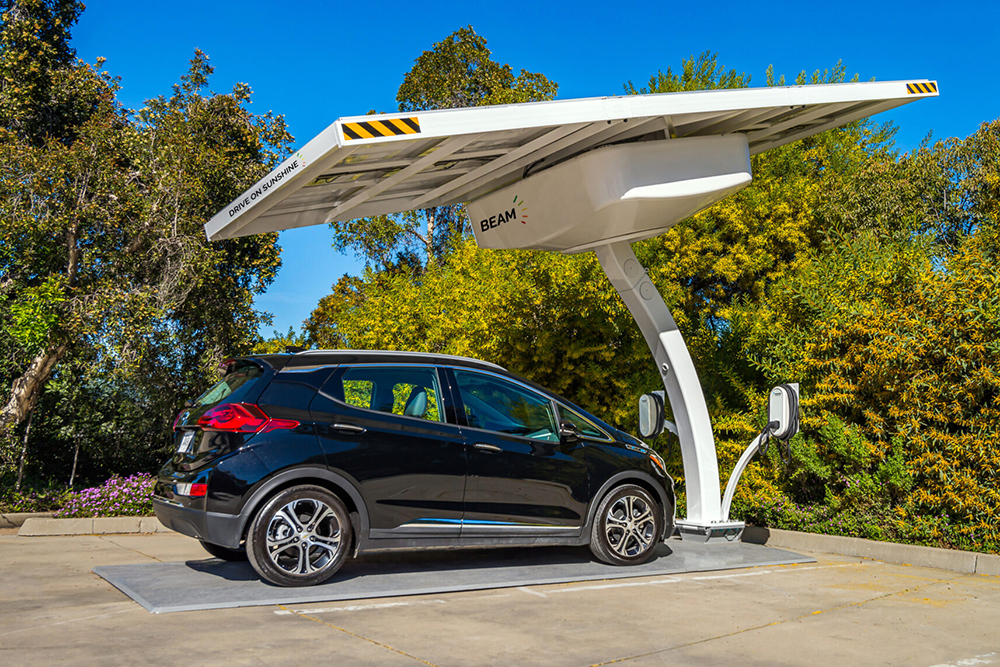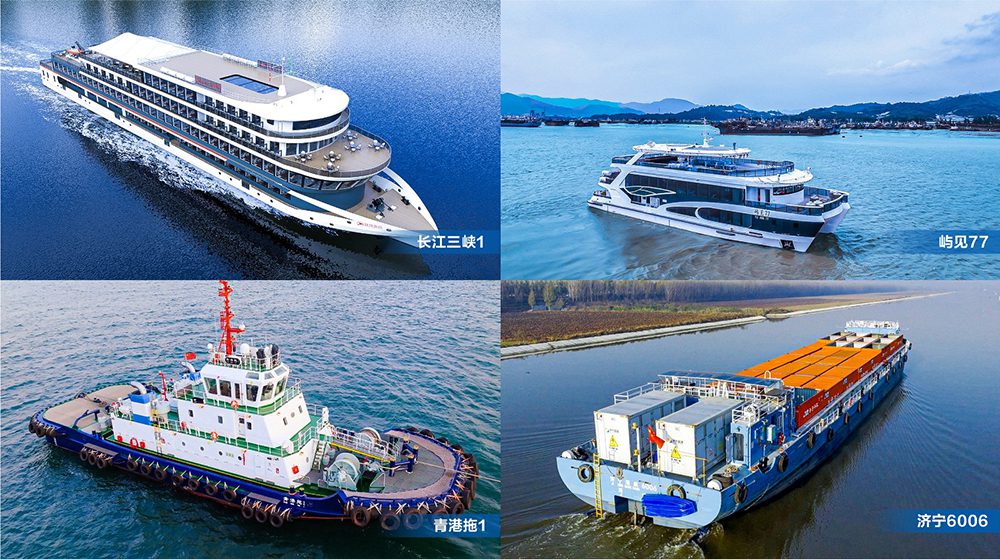The Biden-Harris Administration has announced $623 million worth of grants for public EV charging projects, the first tranche of $2.5 billion that will be invested under the Bipartisan Infrastructure Law’s Charging and Fueling Infrastructure (CFI) Discretionary Grant Program.
The CFI program complements the $5-billion National Electric Vehicle Infrastructure (NEVI) formula program, which is administered by individual states (Ohio and New York have already opened NEVI-funded charging stations, and Pennsylvania and Maine have broken ground on projects).
This round of grants, which were awarded through a competitive program, will fund 47 EV charging and alternative-fueling infrastructure projects in 22 states and Puerto Rico, including construction of approximately 7,500 EV charging ports. More than 70% of this funding will go to disadvantaged communities.
EV chargers constructed with CFI funds must adhere to the same minimum standards established for NEVI-funded chargers—including requirements that CFI-funded chargers are Made in America as well as installed and maintained in accordance with strong workforce standards.
“A beauty of the CFI program is that local communities can apply directly without having to go through state agencies, which has resulted in project proposals that genuinely meet local needs and expand local opportunities,” said Stan Cross, Electric Transportation Director at the Southern Alliance for Clean Energy. “I was involved in a few first-round CFI applications, and I can attest to the rigor of this program. It’s aimed at filling the most challenging EV charging gaps in places like rural, underserved and tribal communities.”
Alex Urist, Vice President of EV charger OEM XCharge North America, noted the comparative promptness of getting projects funded through the CFI program: “The White House’s efforts should be focused on continued investment and meaningful coordination to help expedite the deployment process, given how slow the NEVI funding has already been, with only Ohio and New York having open stations. NEVI’s slow rollout is due to differing state plans, cost-share requirements, and miscoordination on executing the infrastructure work.”
“America led the arrival of the automotive era, and now we have a chance to lead the world in the EV revolution—securing jobs, savings, and benefits for Americans in the process,” said Transportation Secretary Pete Buttigieg. “This funding will help ensure that EV chargers are accessible, reliable and convenient for American drivers, while creating jobs in charger manufacturing, installation and maintenance for American workers.”
Source: Federal Highway Administration





